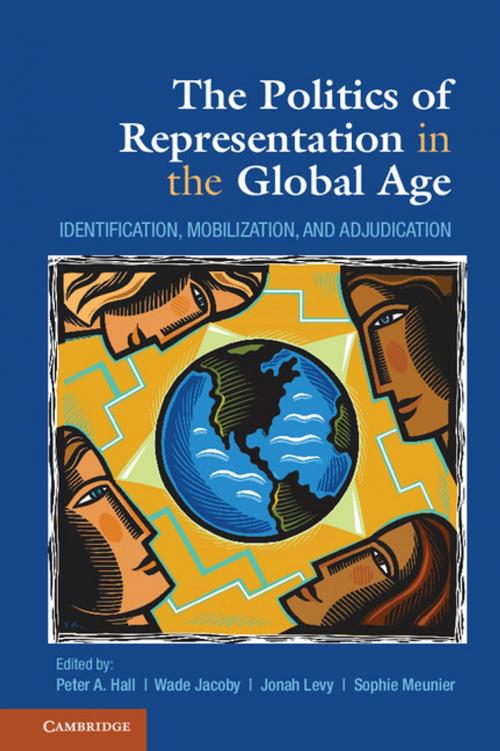The Politics of Representation in the Global Age
Identification, Mobilization, and Adjudication
Nonfiction, Social & Cultural Studies, Political Science, International, Foreign Legal Systems, International Relations| Author: | ISBN: | 9781139862080 | |
| Publisher: | Cambridge University Press | Publication: | April 7, 2014 |
| Imprint: | Cambridge University Press | Language: | English |
| Author: | |
| ISBN: | 9781139862080 |
| Publisher: | Cambridge University Press |
| Publication: | April 7, 2014 |
| Imprint: | Cambridge University Press |
| Language: | English |
How has the process of political representation changed in the era of globalization? The representation of interests is at the heart of democracy, but how is it that some interests secure a strong voice, while others do not? While each person has multiple interests linked to different dimensions of his or her identity, much of the existing academic literature assumes that interests are given prior to politics by a person's socioeconomic, institutional, or cultural situation. This book mounts a radical challenge to this view, arguing that interests are actively forged through processes of politics. The book develops an analytic framework for understanding how representation takes place - based on processes of identification, mobilization, and adjudication - and explores how these processes have evolved over time. Through a wide variety of case studies, the chapters explore how actors identify their interests, mobilize them into action, and resolve conflicts among them.
How has the process of political representation changed in the era of globalization? The representation of interests is at the heart of democracy, but how is it that some interests secure a strong voice, while others do not? While each person has multiple interests linked to different dimensions of his or her identity, much of the existing academic literature assumes that interests are given prior to politics by a person's socioeconomic, institutional, or cultural situation. This book mounts a radical challenge to this view, arguing that interests are actively forged through processes of politics. The book develops an analytic framework for understanding how representation takes place - based on processes of identification, mobilization, and adjudication - and explores how these processes have evolved over time. Through a wide variety of case studies, the chapters explore how actors identify their interests, mobilize them into action, and resolve conflicts among them.















